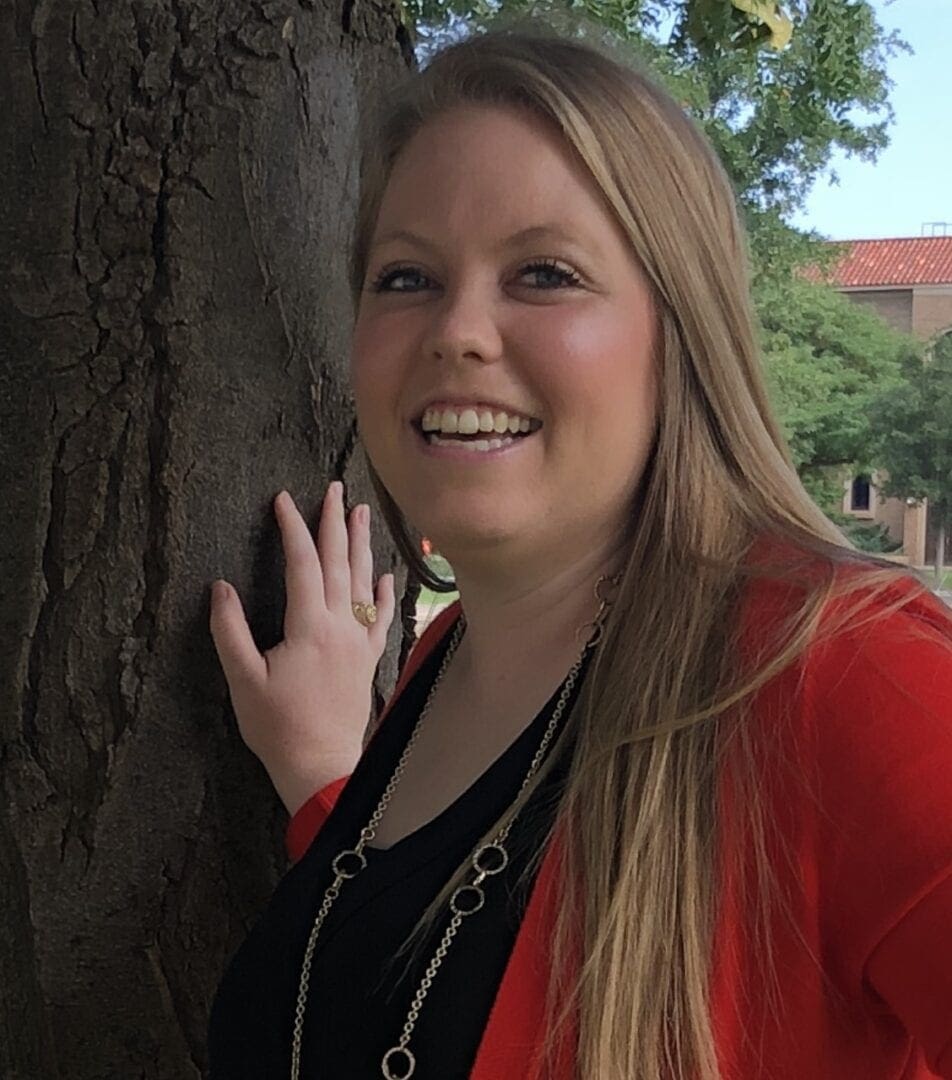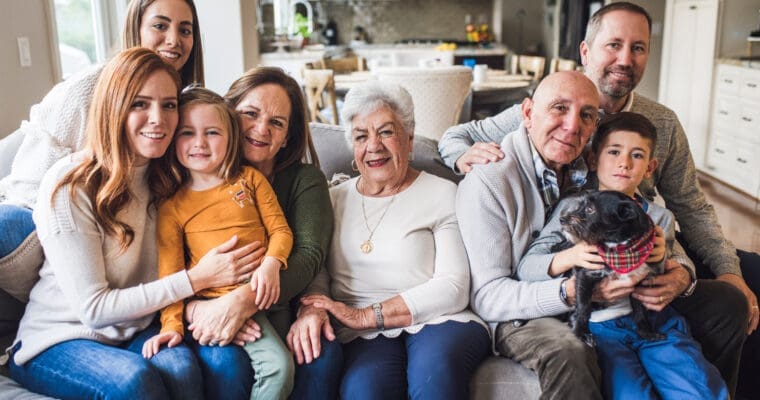When does the nightmare end? What is the path to intimate partner violence recovery? These are questions many intimate partner violence survivors find themselves wondering over and over again as they struggle to put the pieces of their lives back together after years of abuse. Maybe you are one of the survivors who desperately wants to know the answer to this question. The survivor who wants to lay their head down on their pillow and peacefully drift off to sleep without fear that they will find themselves once again waking up to their own screams and sweat as they fight off their abuser in yet another nightmare. The survivor whose arms are sore yet again, not from lifting weights but from the air punches you threw in your nightmare as you imagined your abuser standing over your bed. Or maybe you are the survivor who can peacefully sleep through the night as the nightmare has slowly begun to fade. The survivor who continues to take steps to shine a light on the darkness that once consumed their story. If you are one of the survivors, a friend, a family member or an advocate keep reading to learn about how survivors of intimate partner violence (IPV) have begun their journey to end the nightmare and are recovering from IPV.
What Is Intimate Partner Violence?
Intimate Partner Violence (IPV) is defined as any behavior within an intimate relationship that causes verbal, physical, sexual, emotional, or psychological harm (Center for Disease Control [CDC], 2015). IPV victimization is an epidemic that is on the rise as 1 in 4 women and 1 in 9 men report experiences of severe IPV in their lifetime (Bureau of Justice Statistics, 2014). IPV has been linked with a multitude of health concerns including symptoms of depression, anxiety, chronic pain, and posttraumatic stress disorder (Spencer et al., 2019; Campbell, 2002). IPV research has predominantly focused on the causes, risk factors, and long-term effects. To date, minimal research has focused on increasing knowledge about the journey to recovery after IPV, an important aspect for IPV survivors.
How Do You Define Intimate Partner Violence Recovery?
For many survivors, recovery may be difficult to imagine, explain, and define as the effects of IPV persist long after the abusive relationship ends (Evans & Lindsay, 2008). Recovery has often been defined as an individual’s journey to returning to their normal mental state or fighting to regain possession of the life that was stolen from them (Allen & Wozniak, 2010). While others may define recovery as overcoming the abuse they endured for many years (Flasch et al., 2017). It is important to note that your recovery journey is unique to your story. Just as every IPV survivor’s story is different, the recovery journey will also be different. As you fight to gain autonomy and a life free from abuse, it is imperative that you identify the experiences that are helpful as well as the experiences that hinder your recovery.
The Recovery Process
Despite IPV research focusing on the long-term effects IPV survivors face, many survivors have expressed that they have found love again in safe, healthy, and nonviolent relationships (Flasch et al., 2017). For those who recently escaped from their abusive relationship, they expressed the need to hear from others who have survived IPV and have found recovery (Smith, 2003). Flasch et al. (2017) utilized a qualitative phenomenological study to understand the lived experiences of IPV survivors and their journey to overcoming abusive relationships and creating violence-free relationships. Results in this study illustrated that there are two key processes in the IPV recovery process: intrapersonal processes and interpersonal processes. The intrapersonal processes were defined as one’s ability to internally process their emotions, self-regulation, awareness, and knowledge. Based on the IPV survivors’ responses in this study, seven categories were identified in the intrapersonal processes. Here are two of the top categories:
- Regaining and recreating one’s identity. This was one of the most common themes in the intrapersonal processes as participants reported that their abusers had disempowered them to the point that their self-esteem, autonomy, and sense of worth was completely shattered. Many participants reported that having low self-esteem made the recovery process difficult and required time to gain pieces of themselves back. Participants also reported that this process involved them gaining a new sense of identity that may differ from their identity prior to their experiences of IPV. All IPV survivors labeled this category as essential in the recovery journey.
- Embracing the freedom and power to direct one’s own life. Participants admitted that after leaving an abusive relationship where they had zero power or control over their life, recognizing the power they now possess was a difficult but crucial process. This category focused on participants embracing their newfound freedom and taking steps to embrace that freedom through finding a new career, new friends, and wearing their favorite perfume that was previously off-limits in their abusive relationship. This category also highlighted the tremendous courage and determination participants had as they embraced their independence and freedom.
The interpersonal processes were defined as a process that involved participants building new relationships with others. This process may include listening to others, developing conflict resolution skills, negotiating, and learning how to be assertive. Based on the participants’ responses in this study, two categories emerged:
- Building positive social support and relationships (i.e., not in the context of an intimate relationship). Participants’ responses in this theme emphasized the steps they took to build and strengthen positive social support networks, such as family members, co-workers, support group members, accountability partners, and friends. Participants reported that when building these relationships they found themselves struggling to believe that other people could be safe and trustworthy. To challenge these beliefs, participants reported that they had to find a completely new network of people and eliminated old relationships that triggered or hindered their recovery process. Overall, participants reported that social support was one of the key factors in having success in recovery, especially counseling and support groups.
- Using one’s experiences with abuse to help others. This theme involved participants sharing their IPV stories to advocate for other survivors. Participants reported that when they began to share their stories with other survivors they experienced personal healing and empowerment. Some participants reported that through advocacy work they went back to school to build a career in social work. Advocacy work was one of the main components identified in the overcoming IPV process.
So when will the nightmare end? For the survivors in this study, the nightmare began to end as they bravely closed the door on their abusive relationship and took steps toward an uncertain violence-free future. These IPV survivors were able to actively pursue recovery with support, determination, and courage. All survivors in this study would highlight the importance of finding a support network that will stand by you as you begin the fight to find yourself again and create a life where you can peacefully sleep again. Although recovery may be defined as returning to your normal mental state, to the IPV survivors in this study, recovery to them means freedom. Chase your freedom. Never give up. Never stop fighting.
Additional Resources
If you or someone you love needs help escaping an abusive relationship, here are some resources:
- Call the National Domestic Violence Hotline at 1-800-799-7233.
- For DeKalb County, Illinois residents, see resources at Safe Passage.
- For Illinois residents, see resources at the Illinois Coalition Against Domestic Violence.
For more information about domestic violence, check out one of our previous blog post that covered the recent trends and statistics.
References
- Allen, K. N. & Wozniak, D F. (2010). The language of healing: Women’s voices in healing and recovering from domestic violence. Social Work in Mental Health, 9, 37-55.
- Bureau of Justice Statistics. (2014, April 21). Nonfatal domestic violence, 2003-2012. https://www.bjs.gov/content/pub/pdf/ndv0312.pdf
- Campbell, J. (2002). Health consequences of intimate partner violence. The Lancet, 359, 1331-1336.
- Centers for Disease Control and Prevention (CDC). (2015, May 28). Intimate partner violence. Retrieved from http://www.cdc.gov/violenceprevention/intimatepartnerviolence/
- Evans, I. & Lindsay, J. (2008). Incorporation rather than recovery: Living with the legacy of domestic violence. Women’s Studies International Forum, 31, 355-362.
- Flasch, P., Murray, C. E., & Crowe, A. (2017). Overcoming abuse: A phenomenological investigation of the journey to recovery from past intimate partner violence. Journal of Interpersonal Violence, 32, 3373-3401.
- Spencer, C., Mallory, A. B., Cafferky, B. M., Kimmes, J G., Beck, A. R., & Stith, S. M. (2019). Mental health factors and intimate partner violence perpetration and victimization: A meta-analysis. Psychology of Violence, 9, 1-17.
- Smith, M. (2003). Recovery from intimate partner violence: A difficult journey. Issues in Mental Health Nursing, 24,543-573.
I am an assistant professor at Northern Illinois University in Human Development and Family Sciences, and also a licensed Marriage and Family Therapist. As a researcher, I am focused on understanding couple and family relationship dynamics. Within this focus, I primarily study three areas – trauma, substance use, health and genetics.
Co Authors :
Hi, I’m Sarah! I recently graduated from Northern Illinois University in Family Social Services. I enjoy spending time with my family and friends. I also love staying active and spending time outdoors. I enjoyed being part of Dr. Sibley’s research team and I look forward to learning more about relationships and commitment.











